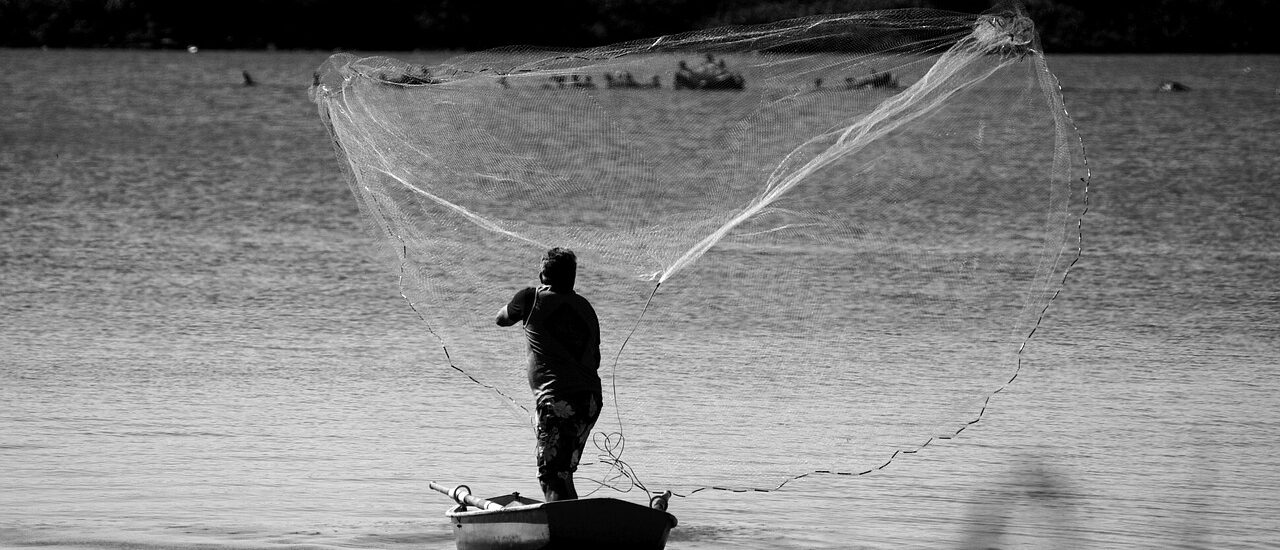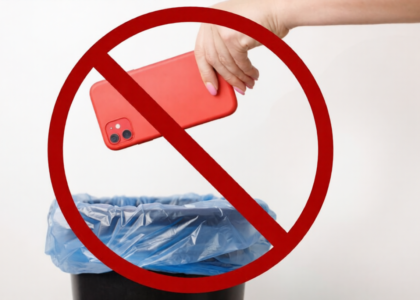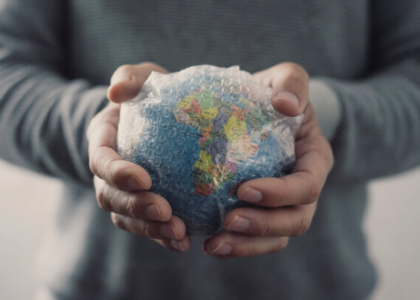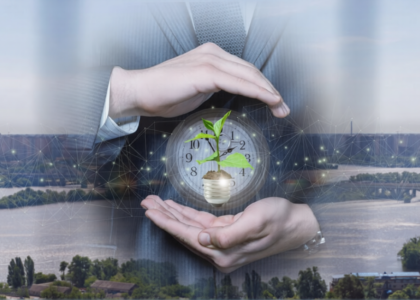Across the world’s coastlines, indigenous communities have lived in harmony with the oceans for thousands of years. Long before modern fishing technologies, they developed sustainable practices that balanced human needs with the health of marine ecosystems. Today, as overfishing, plastic pollution, and climate change threaten our oceans, these traditional systems offer valuable insights into building a sustainable blue economy.
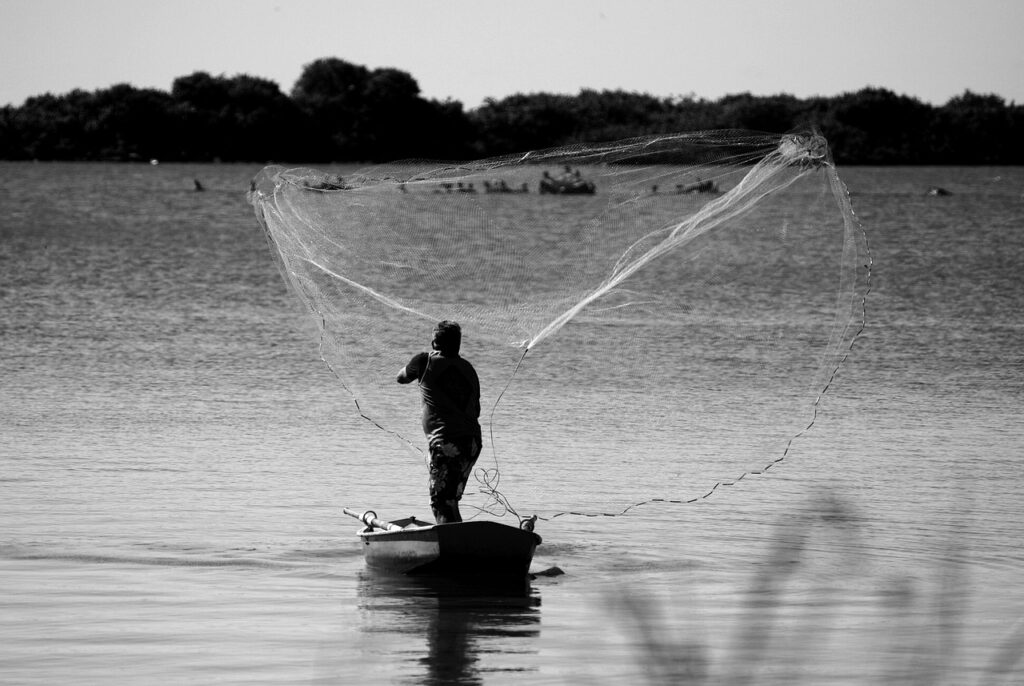
🌿 The Wisdom of Tradition Meets Modern Challenges
For many indigenous communities, the ocean is more than a resource — it’s a living partner. From the Pacific Islands to West Africa’s fishing villages and the Arctic coasts, these communities have relied on cultural knowledge and ecological respect to protect biodiversity while meeting human needs.
However, unsustainable industrial fishing, rising sea temperatures, and habitat destruction are putting centuries-old practices — and entire livelihoods — at risk. Learning from these traditions is no longer optional; it’s essential.
🐟 Sustainable Practices That Inspire the World
1. Seasonal Fishing and Rotational Harvesting
Many indigenous groups fish only during specific seasons, giving fish populations time to reproduce and regenerate.
- Example: In parts of Papua New Guinea, certain reefs are declared “off-limits” for years to allow ecosystems to recover.
2. Sacred Marine Zones and No-Take Areas
Communities often set aside sacred waters where fishing is permanently banned, ensuring biodiversity thrives.
- Example: The Hawaiian Kapu System restricted harvesting in specific zones to sustain marine life.
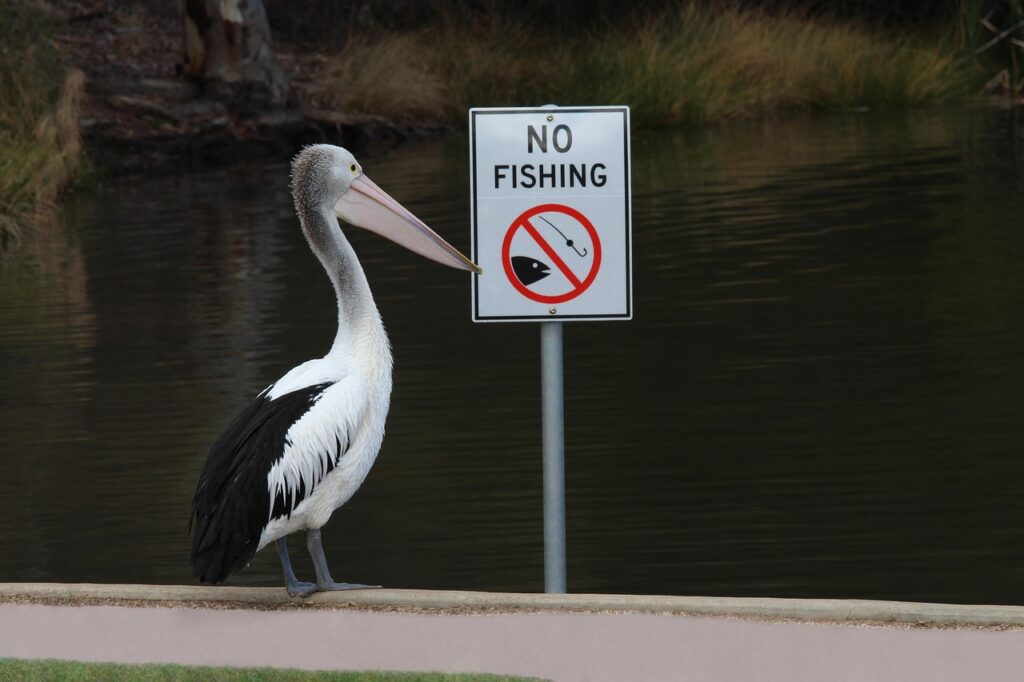
3. Selective Fishing Techniques
Instead of mass trawling, traditional fishers use handlines, spears, and woven traps designed to catch mature fish while releasing juveniles.
- Example: In West Africa, local communities use basket traps that allow young fish to escape.
4. Community-Led Ocean Stewardship
Decision-making is collective. The entire community shares responsibility for monitoring fish stocks and protecting marine habitats.
- Example: Along the Kenyan coast, local “Beach Management Units” manage resources in partnership with conservation groups.
🌍 Why This Matters Today
Modern fishing fleets extract over 90 million tonnes of fish annually, often exceeding natural regeneration rates. If unchecked, this threatens:
- Food security for over 3 billion people who rely on fish protein
- Livelihoods of coastal populations
- Marine biodiversity vital to a balanced climate
By integrating indigenous knowledge with modern science, policymakers, researchers, and local communities can develop smarter regulations and sustainable fishing models that benefit both people and the planet.
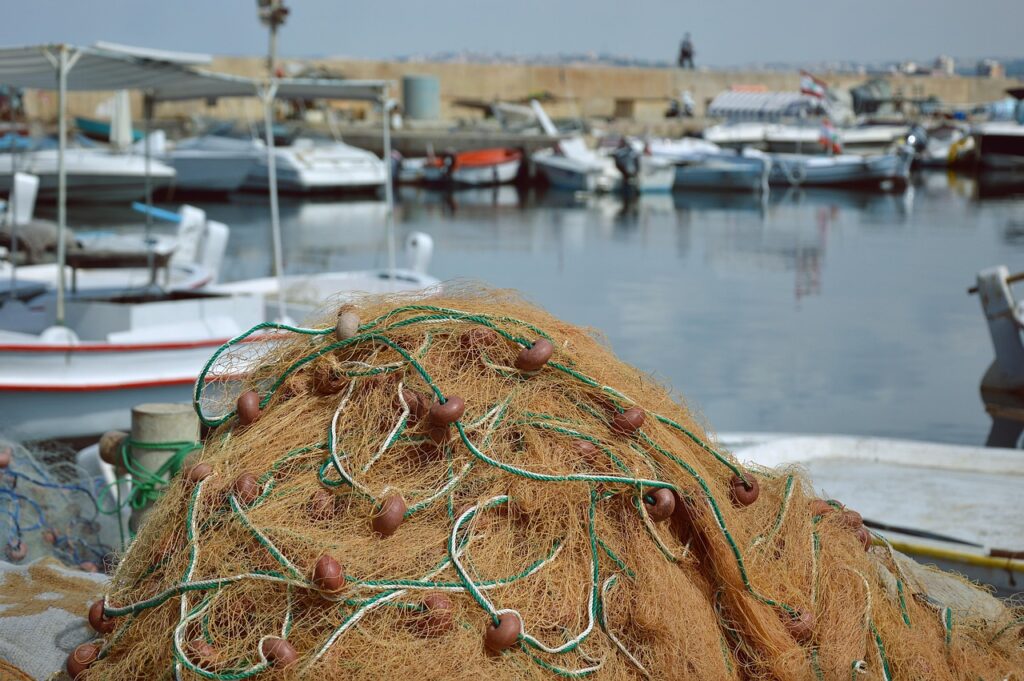
💡 The Way Forward
At SustainabilityUnscripted, we believe the answers to some of our greatest environmental challenges lie in listening to the wisdom of those who’ve lived sustainably for centuries. Protecting our oceans requires:
✅ Recognizing indigenous rights and leadership
✅ Scaling up community-based management systems
✅ Supporting fair access to marine resources
✅ Investing in education and marine research
When tradition and innovation work together, we can secure a thriving blue economy and healthy oceans for generations to come. 🌊🌿

